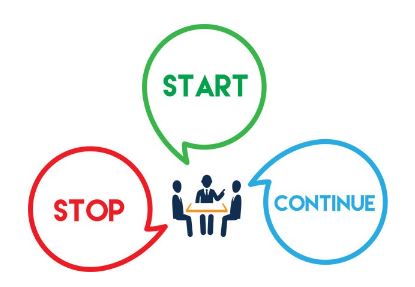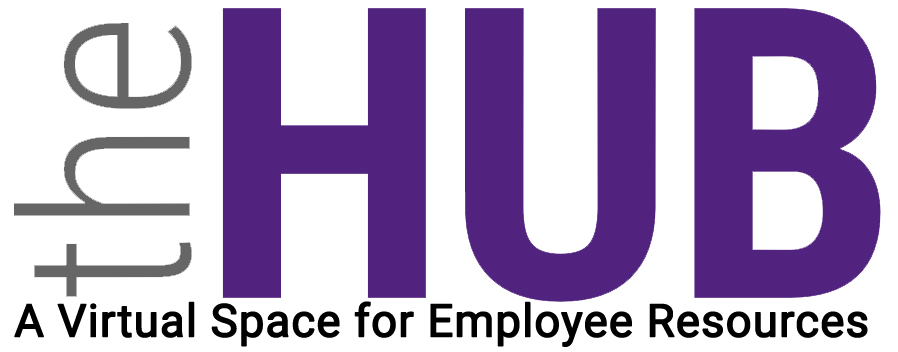 As an educator, you want to serve and support your students. Easy enough to say, but to be successful, you must know your students’ needs, wishes, and interests. This task can be daunting, however. One way to accomplish this goal is to begin each semester by having students privately share information that will help you serve and support them (Sullivan, 2022). Gathering this information can be as simple as having the students write their information on an index card or as technologically sophisticated as creating an MS Office Form. Depending on the number of students, you can meet them one by one during class time as the class works on an activity or exercise. Alternatively, you could meet them during office hours.
As an educator, you want to serve and support your students. Easy enough to say, but to be successful, you must know your students’ needs, wishes, and interests. This task can be daunting, however. One way to accomplish this goal is to begin each semester by having students privately share information that will help you serve and support them (Sullivan, 2022). Gathering this information can be as simple as having the students write their information on an index card or as technologically sophisticated as creating an MS Office Form. Depending on the number of students, you can meet them one by one during class time as the class works on an activity or exercise. Alternatively, you could meet them during office hours.
Information can include items like their preferred name and gender identification, their native language, responsibilities outside the classroom, and perhaps most importantly, challenges they anticipate in the class. Challenges may include:
- Having access to the required technology and the skill to use it.
- Meeting with other students for a group project.
- Participating in field trips.
- Completing the number of assignments.
- Participating in class discussions as expected.
When you know students’ preferences, responsibilities, and challenges, you can better support them during the semester.
However, this beginning-of-the-semester exercise should not be the end of your effort. At mid-term, ask your students to provide their response on how you are serving and supporting them using a method called “Start-Stop-Continue.” The method is widely used in businesses and organizations to identify what is working, missing, and broken. Just as business leaders refine their strategic initiatives to align better with their vision (Miller, 2022), educators can use data to adjust and refocus their efforts in working with each student.
Have the students tell you what you should start doing, what you should stop doing, and what you should continue doing. Of course, both parties must realize that not every request can be met; most courses come with tasks that some may find unwelcome. Students will continue to need to take a final examination or write weekly lab reports.
The information can help you make mid-course corrections and make a big difference for each student. It is an opportunity to ensure that you meet students’ expectations and provide support to guide their success.
References
Miller H. (2022, May 2). Using the Start Stop Continue Retrospective for Success. Leaders.
https://leaders.com/articles/business/start-stop-continue/
Sullivan, S. (2022, Fall). Challenge Accepted: Listen, Learn & Achieve a More Inclusive Classroom. Duquesne University Magazine.
